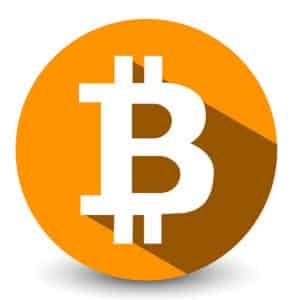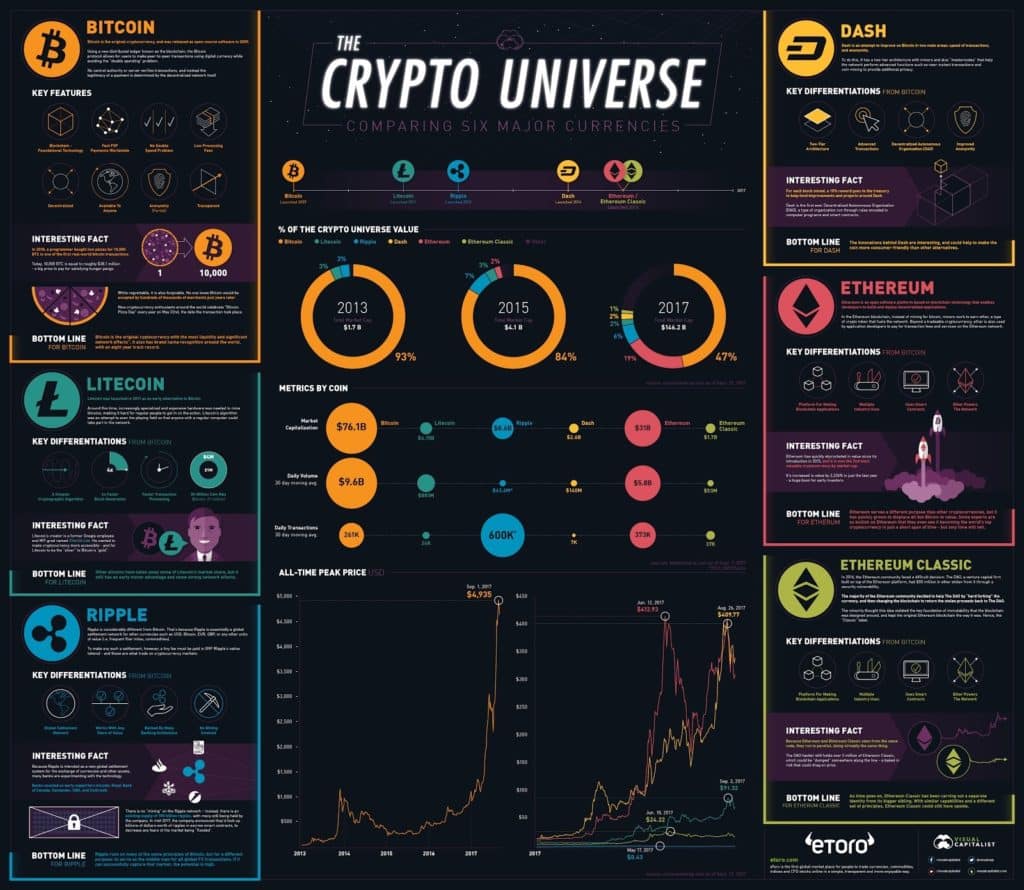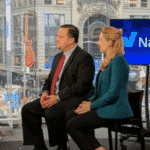Proposition 13 & 19 – Home Protection for Seniors, Severely Disabled, Families, and Victims of Wildfire & Natural Disasters Initiative
California Proposition 13, passed by California voters in 1978, was a groundbreaking law that helped to keep property taxes under control for homeowners. The property tax caps offered by Proposition 13 affect everyone who owns real estate in California. Proposition 19 marked a significant change to Proposition 13, changing tax benefits for families, seniors, severely disabled persons, and victims of natural disasters in California.
Proposition 19 amends the California Constitution by expanding qualifications for the transfer of a property's taxable value. These changes may affect your next escrow and title transaction if eligibility requirements are met. Additional documents may be required by escrow if you plan to transfer the current taxable value of the property.
How does Proposition 19 affect property tax base transfers:
Starting April 1, 2020, Proposition 19 allows an owner of a primary residence who is over 55 years of age, severely disabled, or a victim of a wildfire or natural disaster to transfer the taxable value of the primary residence to a replacement primary residence:
- anywhere in California;
- purchased or newly constructed within 2 years;
- of any value with an upward adjustment for a more expensive replacement; and
- the property tax base can be transferred up to three times for persons over 55 years old or with severe disabilities and once for wildfire or disaster victims.
How does Proposition 19 affect inherited properties?
Starting February 16, 2021, Proposition 19 narrows the rules for parent-to-child or grandparent-to-grandchild exemption for inherited properties. The child or grandchild can transfer the taxable value of the inherited property if:
- the property is the principal residence of the child or grandchild or is the family farm;
- the homeowner's or disabled veteran's exemption is claimed within one year of the transfer to the child or grandchild; the property is used as the principal residence and has a market value above $1 million, in this case an upward adjustment in assessed value would occur.

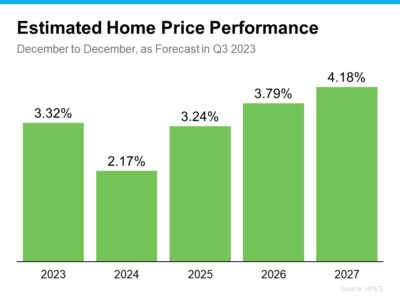

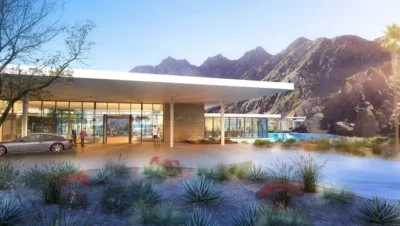
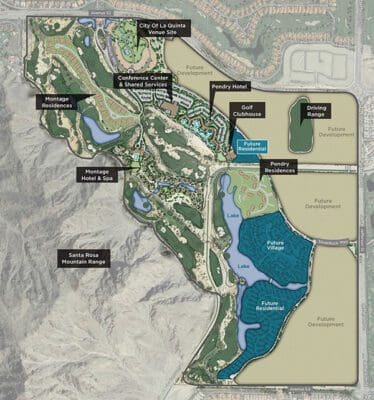
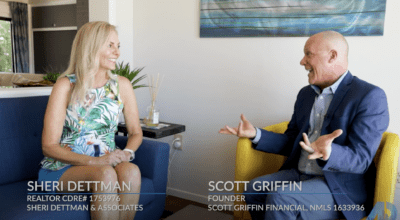









 “I’ll sell my house for bitcoin” is the latest marketing tactic, and it’s working … at least for publicity.”
“I’ll sell my house for bitcoin” is the latest marketing tactic, and it’s working … at least for publicity.”